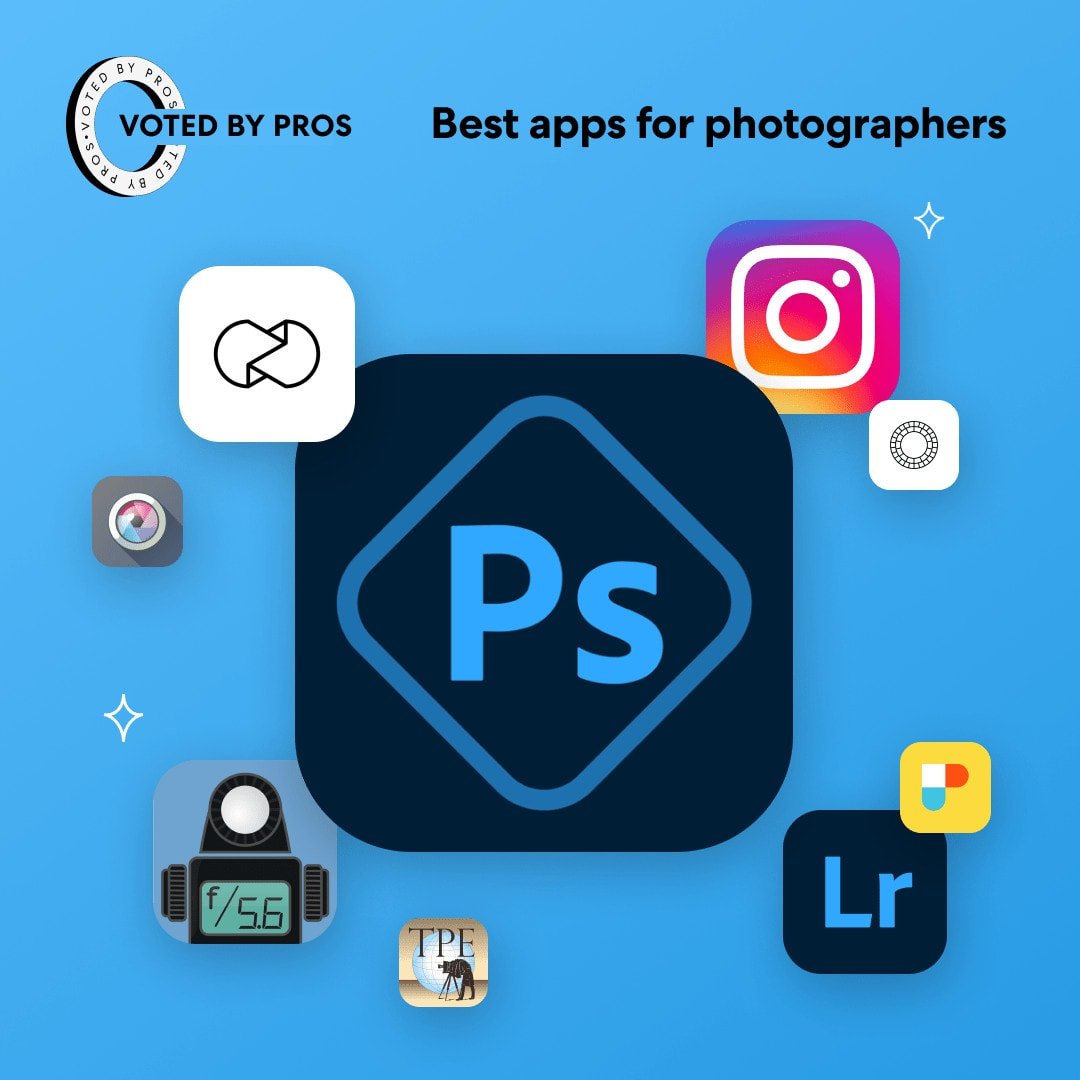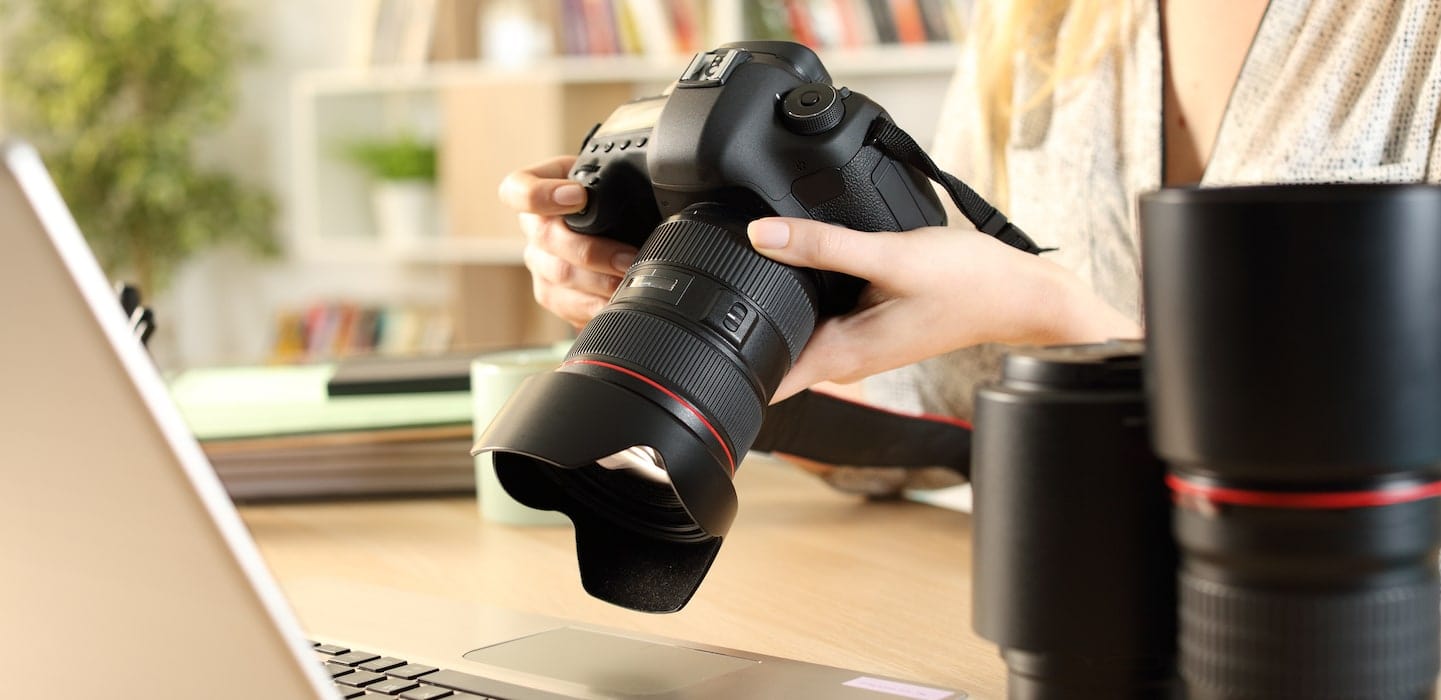Wedding photography is one of the most lucrative niches to specialize in. While only a select clientele wants wedding portraits, couples get married year-round, and everyone needs photography at their wedding.
Weddings are often all-day affairs, which can pose some unique challenges. Throughout the day, you can expect the following:
- Venue changes – You may need to prepare for indoor and outdoor locations with different lighting setups
- Changing sunlight – Even if you’re outside all day, the location of the sun will affect your lens choice. You may also need to prepare to shoot at sunset or at night.
- Unpredictable conditions – Couples hope they won’t have rain on their wedding day—but if they do, they’ll need a backup plan, and you’ll need to be ready to capture all the moments with the right lens.
To prepare for your wedding shoot, make sure you visit the venue to scope out different locations and see how the lighting changes. Make a tentative plan for the first look, wedding ceremony, and reception photos accordingly. A great app to help track your shot plans is PhotoPhills. This was just one of the best photography apps shared by our expert photographers. Another must-have app? A sun/moon tracker to help you frame the couple perfectly at sunset or capture a well-lit shot of the ceremony.
Next, we’ll take a closer look at the best wedding photography lens for each lighting scenario.
If you lean strongly toward one of these lenses or want to vote for a favorite we didn’t mention, be sure to tell us in the survey!




